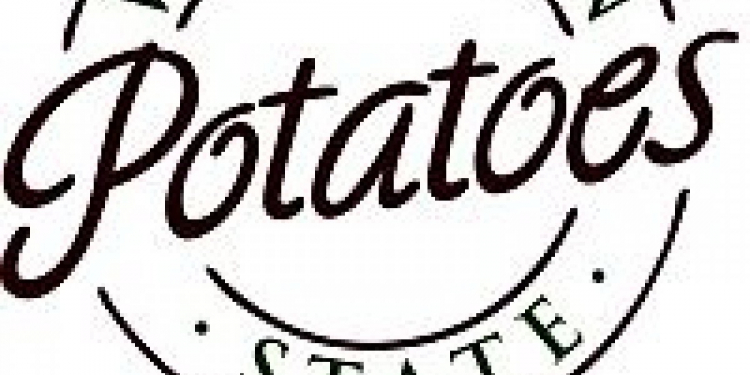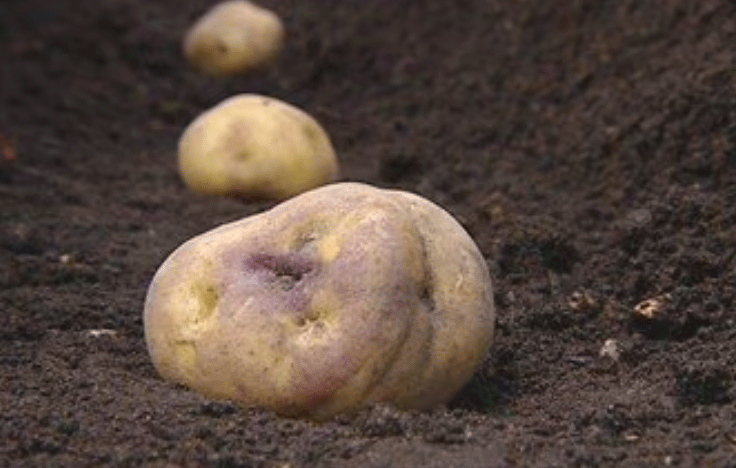As the potato growing season begins, The Washington State Potato Commission (WSPC) will provide free Integrated Pest Management (IPM) supplies for Washington’s potato growers. IPM is a highly effective and targeted approach to pest management that combines numerous tactics to help keep pest numbers and disease pressure low enough to prevent any damage to crops. IPM incorporates a combination of scouting, physical, cultural, biological and traditional practices to manage pests in an environmentally conscious manner.
“By utilizing a strategic approach to IPM, growers can gain a better understanding of the conditions that favor disease or the proliferation of unwanted insect species,” said Raina Spence, Director of Industry Outreach for the WSPC. “This then allows growers to employ the proper controls at the appropriate times and locations.”
Each year the WSPC focuses on assisting growers throughout the state with pest and plant diagnostics. The WSPC provides IPM supplies and other resources free of charge to growers and these represent just a few of the key ways to ensure all growers can take advantage of the appropriate pest management options available. Additionally, the WSPC supports IPM efforts across the state by collaborating with Washington State University (WSU) on insect scouting programs. WSU has teams that conduct extensive scouting exercises to look for various pests throughout the summer. These types of sustainable approaches help to preserve key resources while ensuring the long-term viability of the land.
“During the summer we will check our traps a couple of times a week which then provide us a lot of data about where pest movements are and what is happening in the pest world. This then helps us determine what the appropriate preventative action is,” Said Stacy Kniveton potato grower, owner of Stavia LLC and WSPC Commissioner. “Proper IPM techniques allow us to not have to rely on broad spectrum products and let us to take a more targeted approach to pest control.”
“The WSPC is committed to supporting growers with their IPM efforts, and provides a variety of free supplies for Washington’s growers. Yellow sticky cards for psyllid and leafhoppers, along with delta trap supplies for tuberworm are offered to any interested grower or field support staff. Additionally, magnifying glasses and small cloth beat sheets are available from our office,” said Spence. “The WSPC also distributes a collection of laminated cards identifying common insects and pathogens of concern for potatoes. Proper identification of a pest, pathogen, or physiological problem is imperative for developing a control strategy.”
In addition to these supplies, growers can also participate in a regional monitoring program that tracks important insect data such as the size and whereabouts of key pest populations. This tracking information allows participants to be aware of pest numbers throughout the region and is available at www.nwpotatoresearch.com. As part of the program growers can sign up for email alerts.







